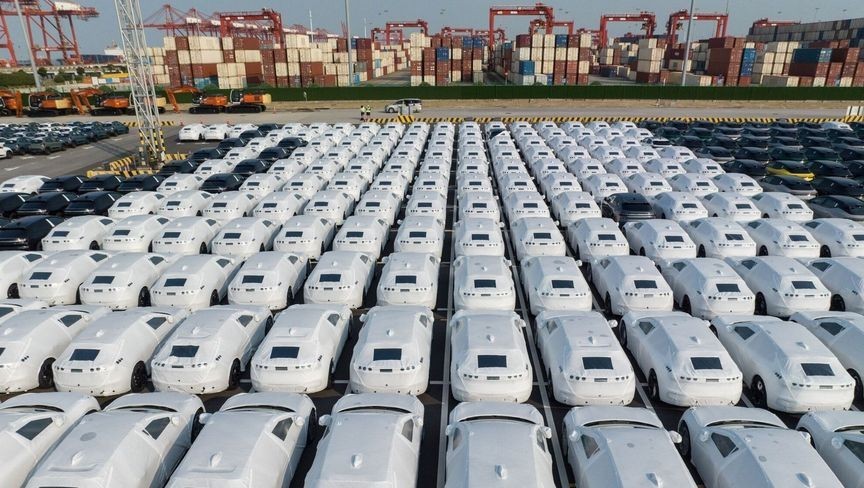The European Union plans to vote on whether to impose tariffs of up to 45% on electric cars imported from China on Oct. 4, according to people familiar with the matter.
EU member states have received a draft regulation containing the proposed measures, the people said. The vote among member states was delayed slightly as a result of last-minute negotiations with Beijing to try to find a solution that would avoid the new tariffs.
Negotiations are ongoing
Previous reports have suggested that talks between the two sides could continue even if member states adopt the tariffs. However, the timing of the vote could also change, the people, who spoke on condition of anonymity, said.
The vote comes after an investigation by the European Commission, the EU's executive arm, found that China is providing unfair subsidies to its electric car industry, prompting tariffs to be imposed to protect European carmakers from unfair competition.
China's reaction
For its part, China denied the European accusations and confirmed that it did not engage in any unfair actions, and threatened to impose retaliatory duties on some European products such as dairy products, alcoholic beverages, pork, and large-engine vehicles.
If member states agree, new tariffs of up to 35% will be imposed starting in November for five years, unless opposed by a qualified majority of 15 member states representing 65% of the EU population. The tariffs will be in addition to the current 10%.
Opposition of some members
Countries such as Germany and Spain have expressed reservations about imposing tariffs, warning of the possibility of a trade war. China is Europe's second-largest trading partner, with bilateral trade amounting to 739 billion euros ($825 billion) last year.
European officials expressed confidence that the bloc had enough votes to approve the tariffs, but were hesitant to predict the outcome after Spanish Prime Minister Pedro Sanchez voiced opposition to the tariffs and Germany continued to push for a political settlement with Beijing, Bloomberg reported earlier this week.
Finding a solution to avoid trade dispute
I am not in favor of countervailing duties because that could lead to retaliatory measures and push us toward a customs dispute, and possibly a trade war with China, German Economy Minister Robert Habeck said Monday. I am working on a political solution to avoid such a dispute.
China and the EU are looking at a negotiated solution that includes a mechanism to control prices and export volumes instead of imposing tariffs.
However, the EU has so far rejected China’s proposals, repeatedly stressing that any deal must adhere to strict criteria, such as compliance with World Trade Organization rules, addressing the effects of China’s subsidies to its industry, and ensuring the EU’s ability to monitor compliance with these conditions.






































